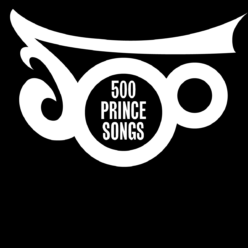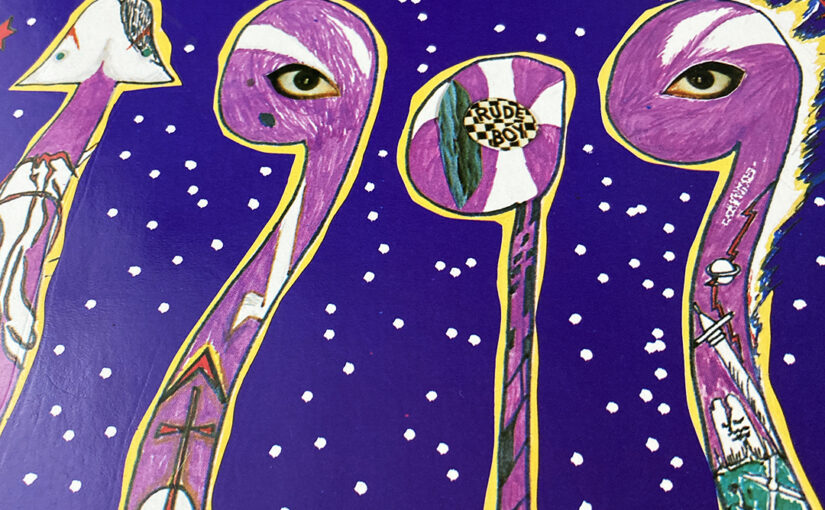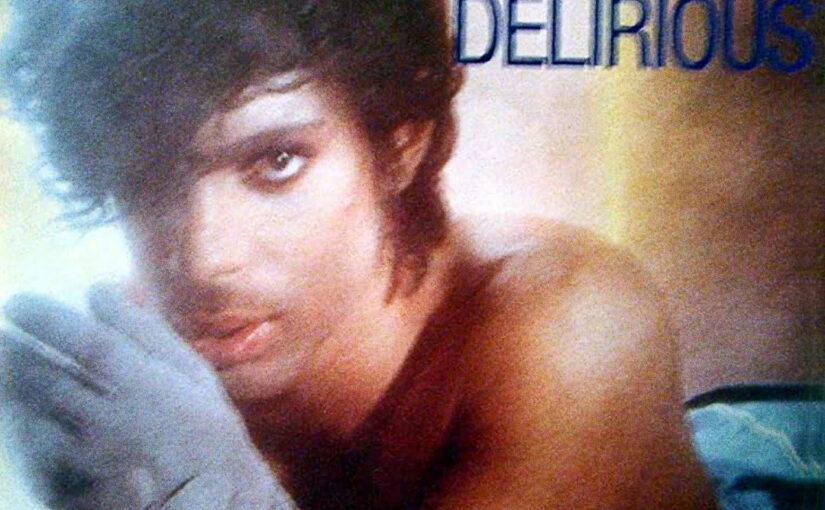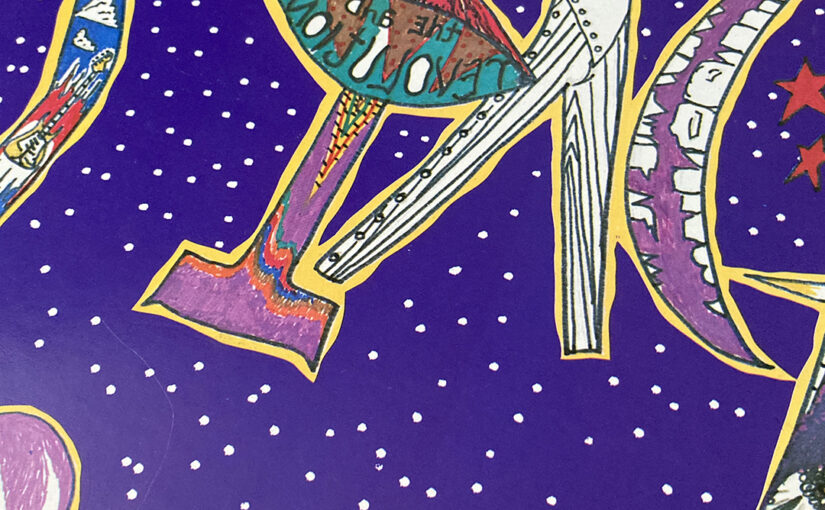1999 (1982)
While on the Controversy tour in 1982, Prince and his band watched a Nostradamus documentary called The Man Who Saw Tomorrow. The film spends its first hour priming the viewer to believe that the French astrologer’s predictions have been coming true for hundreds of years. It then turns its attention to the near future. Experts believe, Orson Welles soberly informs us, that Nostradamus predicted World War III by the end of the millennium and in 1999 nuclear bombs will fall, wiping out all of New York City’s inhabitants first. Even with the knowledge of hindsight it’s not a cheery watch, but in the midst of the Cold War it would have been chilling. Not to Prince though. “I just found it real ironic how everyone around me whom I thought to be very optimistic people were dreading those days, and I always knew I’d be cool”, he later told Larry King when talking about how it inspired him to write 1999, “I just wanted to write something that gave hope”.
That wasn’t a hope the bombs wouldn’t fall, but a hope we make the most of our time before they do. Having been raised a Seventh Day Adventist, Prince was taught as a child not to fear the end of the world as it would accompany the Second Coming of Christ. The denomination originated out of several failed predictions of this happening sometime in the 19th century and the Book of Revelation plays a prominent role in its eschatology. ”Can’t run from Revelation” Prince sings, so let’s dance until the end. Or, as instructed at the start of the song, “don’t worry” and “have some fun”.
The spoken intro, distorted to sound like the words of a divine messager, echoes the Book of Revelation which begins with Christ telling John to not be afraid. Instead of being told to have some fun, John is told to write down everything he sees in his apocalyptic vision. 1999 has Prince, while dreaming, also writing down his vision of the end of the world. In John’s account, seven trumpets are blown by seven angels which sets in motion the return of Christ to start his new reign. In 1999, the fanfare is played by an ARP Omni-2 synthesiser which heralded the return of Prince to the charts and truly announced the beginning of his purple reign.
Other artists took note. That synthline allegedly inspired Thriller and Phil Collins has admitted he ripped it off for Sussudio. Prince even recycled the riff himself on his 2006 single Fury. The thick chords are the most iconic part of 1999 – pure stadium-fuel – but they’re so ear-catching, so headline-grabbing, I’ve never fully appreciated, until now, what happens underneath. The interplay of the various background voices and wah pedal, especially from three minutes onwards, paint a psychedelic portrait of partydrunk rapture. It must be an aural illusion but I hear the wah guitar in the right channel sing actual words along to the chorus, especially on the remastered version. And that sustained note which starts at 4:08 and nearly lasts until the end of the song sounds like one of Revelation’s stars falling to Earth or Nostradamus’s great king of terror falling from the sky.
Post Cold War, people weren’t looking to the skies so much for their existential threat. When 1999 came around, mankind’s extinction was expected to be launched by computer date-formatting errors. As ridiculous as it sounds today, the millennium bug was a genuine fear to many and I do wonder how much Prince was responsible for this panic. 1999 may be a party anthem intended to spread hope but it conditioned two generations to equate the year 2000 as “party over, oops out of time”. More so than a forgotten documentary about the writings of an astrologer who actually predicted the world wouldn’t end until 3797. Everybody understood the concept behind dancing like its 1999, especially when the song had been playing non-stop that year, and it must have contributed to the pre-millennial tension on New Years Eve. The timing of Nuclear war being launched at midnight was a little too neat to be considered. Armageddon launched by computers resetting to 00 was just stupid enough to be feasible.
As 1999 turned into 2000, neither the millennium bug nor World War III came to pass. And what of Nostradamus’s great king of terror that was meant to have arrived in the seventh month? Not a peep. Although, going by the Julian calendar of Nostradamus’s time that was the month Vladimir Putin came to power. So let’s not write that one off yet.





